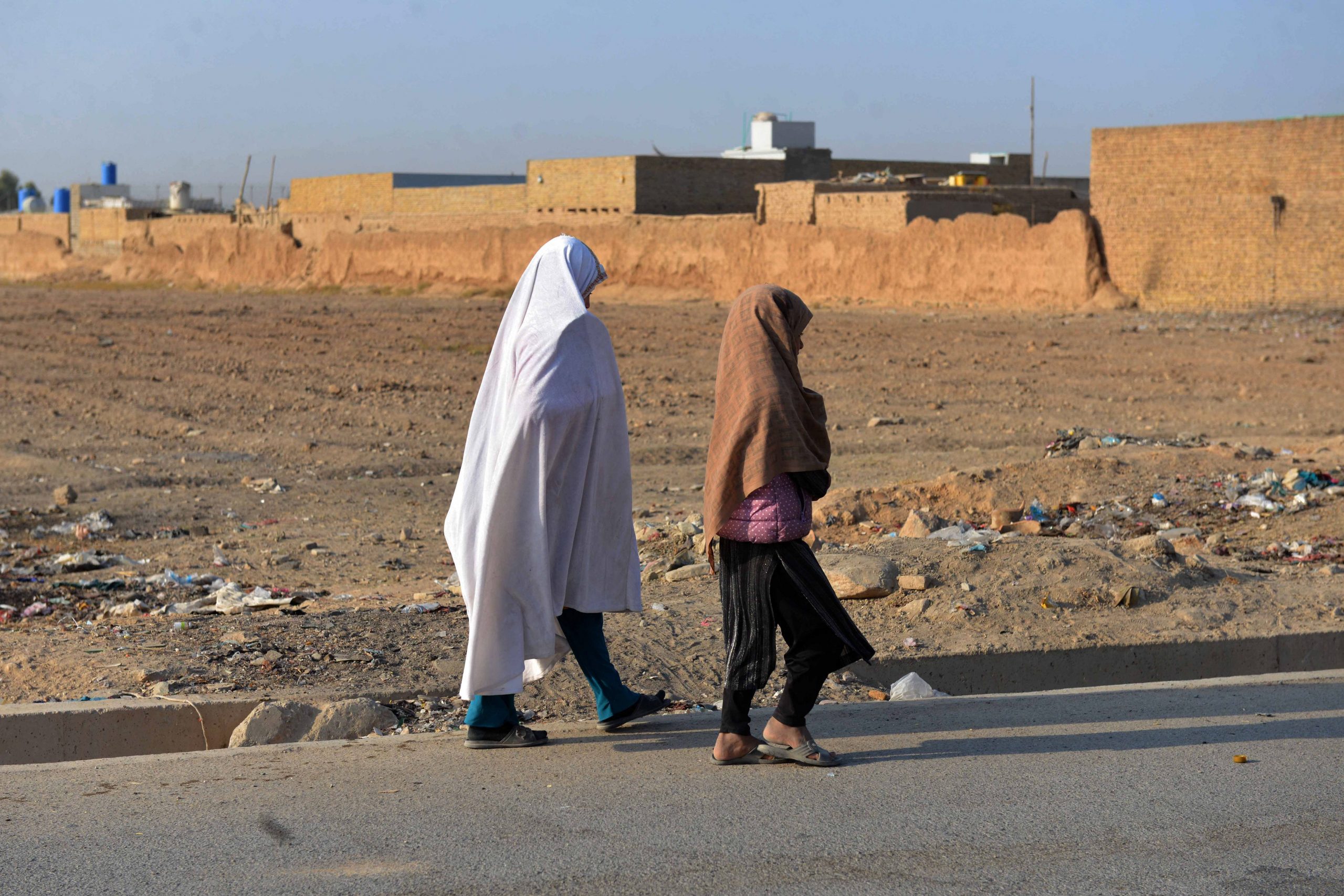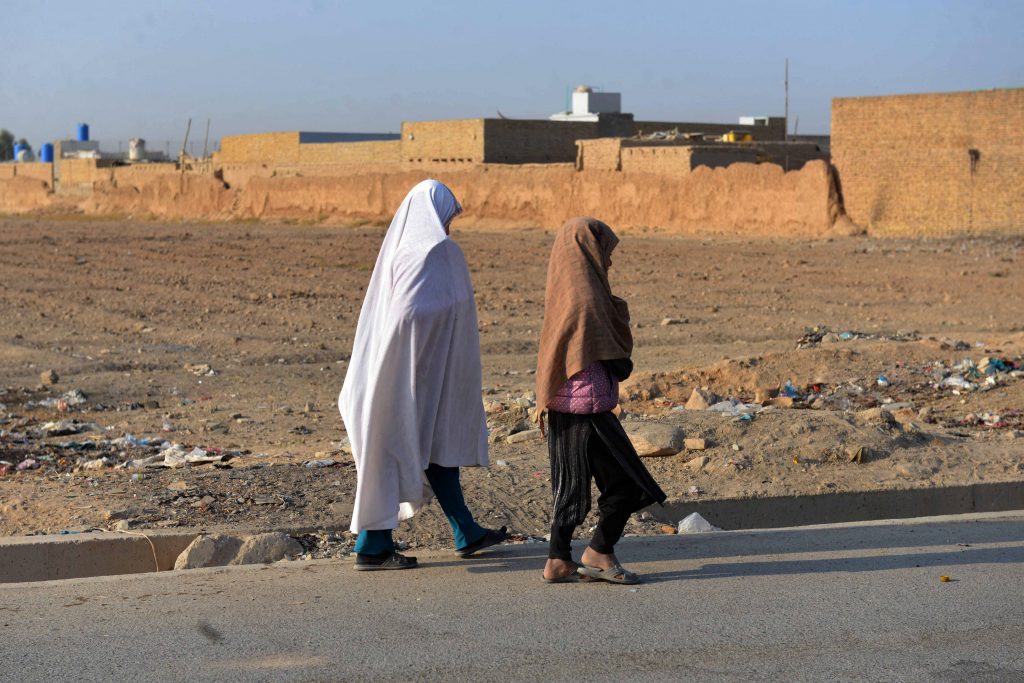
- Afghanistan is facing rising poverty, food shortages, and an economy on the brink of collapse.
- Desperate Afghan families are turning to sell their children to make enough money to survive.
- One Afghan father told Insider that he had no choice, so his other children wouldn't starve.
Ayesha, 15, lives in the Balkh province in Afghanistan. She has wide brown eyes and an untroubled smile and loves going to school and playing with her sisters.
She is unaware that her father, Hamid,* made plans to sell her into marriage to a much older man.
Hamid*, 36, used to provide security for the United Nations in Afghanistan but had to stop working for them when the Taliban took over the country in a sweeping offensive in August.
Now, without any income to provide for his family, Hamid told Insider that he agreed to sell his eldest daughter into marriage to a 45-year-old man.
"I have seven children and a wife. That's eight people to feed. The only way I can afford to feed them is to give one of my daughters away," Hamid said.
A man from their village offered to marry Ayesha and pay Hamid a dowry that equates to $1,200—which would have been four months of his previous salary.
The payment would be a one-off, and once the money ran out, Hamid said he would have to consider selling his 14-year-old daughter, into marriage as well.
"Of course, I don't want any of my children to be separated from me," Hamid said, exasperated.
"In my heart, I don't want to let go of any of them. But if I don't give away one of them, then all of them would starve."
In recent weeks, reports have emerged of desperate Afghan families selling their underage daughters into marriage and even selling their babies to be able to eat.
Millions of Afghans face dire circumstances because of rampant unemployment, widespread food insecurity, and an economy on the brink of collapse.
Child marriage is not uncommon in the country. The legal age for girls to be married in Afghanistan is 16, or 15 with the permission of the girl's father—well below the internationally recommended standard of 18, according to the United Nations Population Fund.
In spite of this limit, girls much younger than that are often married to older men.
Experts fear that the number of children sold into marriage are rising as Afghan families face desperate circumstances.
"Day by day, the numbers are increasing of families selling their children," Mohammad Naiem Nazem, a human rights activist in Badghis, told CNN.
"Lack of food, lack of work, the families feel they have to do this."
After the Taliban took control of the country, the US froze roughly $9.5 billion in the Afghan central bank assets.
The short supply of cash means that many workers have not been paid and unemployment has risen.
Up to 97% of the population could sink below the poverty line, according to the United Nations development agency (UNDP).
The economic crisis, rising food prices, and widespread drought have led experts to warn of worsening food shortages that could lead to a hunger crisis over the winter.
More than half of the country's population are facing acute food insecurity and are "marching to starvation," according to the UN's world food program.
"We are facing a full-on development collapse on top of humanitarian and economic crises," said Kanni Wignaraja, UNDP's Asia-Pacific Director said.
"This analysis suggests that we are on course for rapid, catastrophic deterioration in the lives of Afghanistan's most vulnerable people."
Over the past month, Save the Children staff reported price hikes of up to 63% in some Afghan cities on flour, oil, and beans. Prices are expected to rise further due to border closures and increasing international isolation.
Hamid said he could not afford bread to feed his hungry children and was wracked with guilt that he couldn't provide for them.
Along with the dire humanitarian crisis, many like Hamid, who previously worked with international organizations, live in fear of retribution from the Taliban.
"Since the Taliban took over, we have been under surveillance. They come knocking on doors looking for us. People are disappearing," he said.
Hamid said he does not leave his house for more than a few minutes at a time because he is afraid the Taliban will kill him. But even if he was able to go out, he says there is no work available for him to do.
An Afghan refugee who was evacuated to Greece last month heard about Hamid's family circumstances and fundraised enough money to feed his family for a short while.
For now, Ayesha will not have to be married off. But this is only a temporary fix.
"When the money runs out, what will I do then?" Hamid said.
The 36-year-old father of six said that he feels that he has been failed by the international community, particularly the organizations he previously worked for.
He said he had begged to be evacuated.
"I wish we could leave this country. I'm worried about my safety. I'm worried about my children," Hamid said.
"This is the wish of my children: to study, have a good and quiet life."
(*Names have been changed to protect their identity.)










